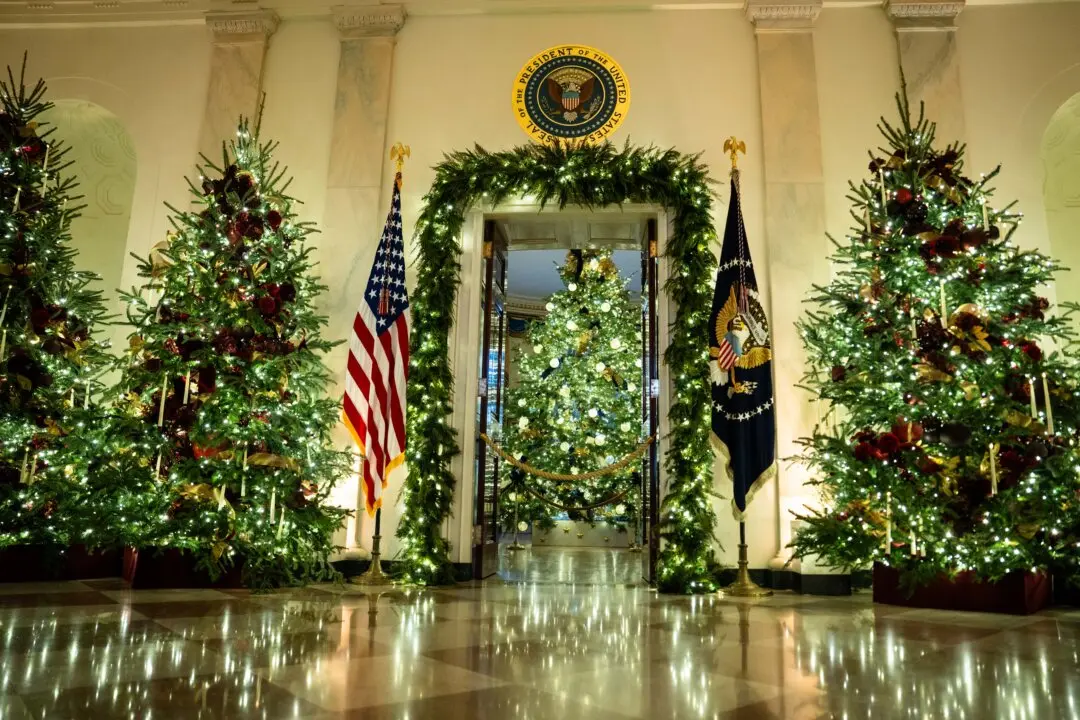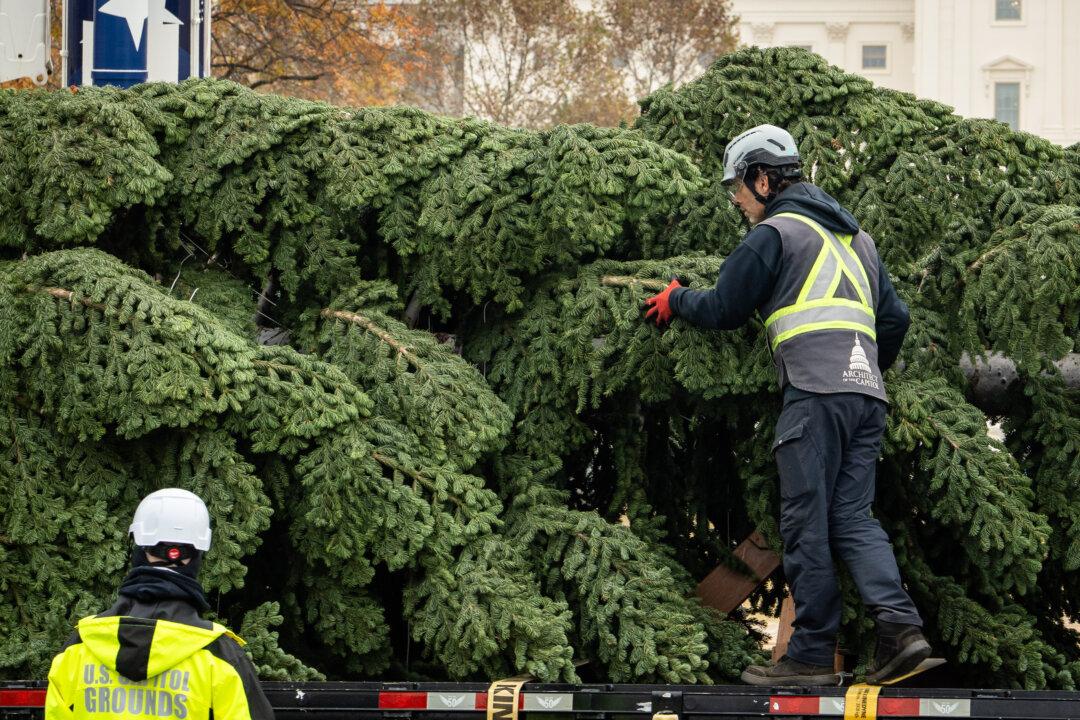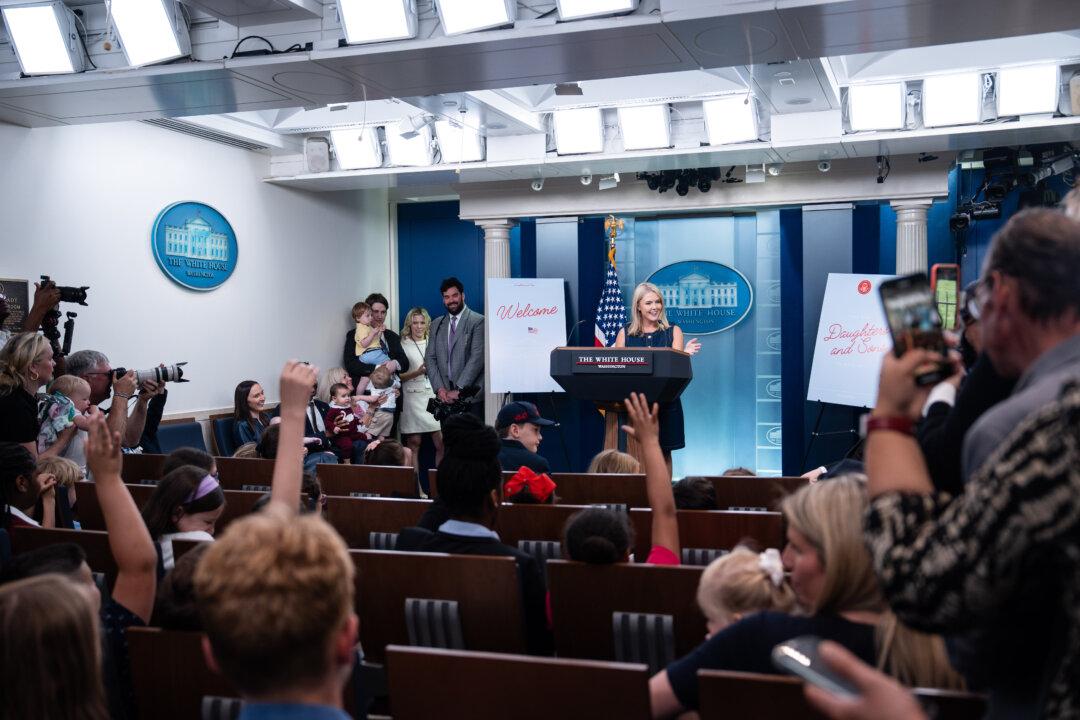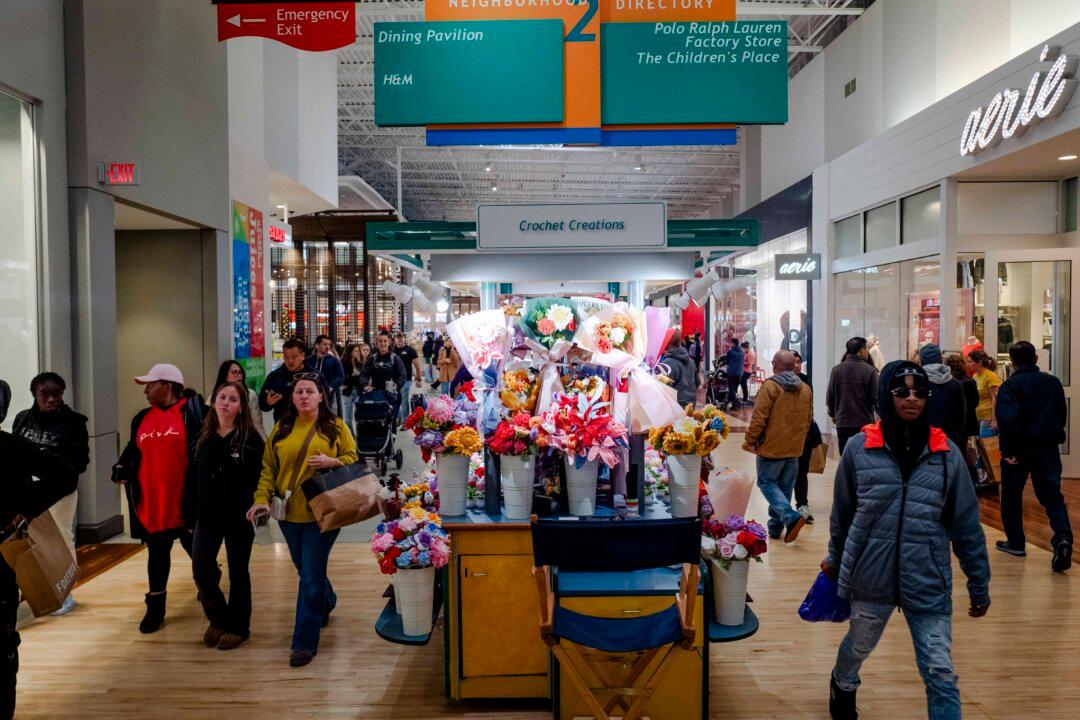WASHINGTON—U.S. military veterans testified in federal court in Washington on Oct. 8 that they joined the Oath Keepers organization because it gave them a sense of continuing to serve their country.
They took the stand during the trial of Oath Keepers founder Stewart Rhodes and four others who are charged with seditious conspiracy and other crimes in the Jan. 6, 2021, U.S. Capitol breach.





